Find Help
More Items From Ergsy search
-
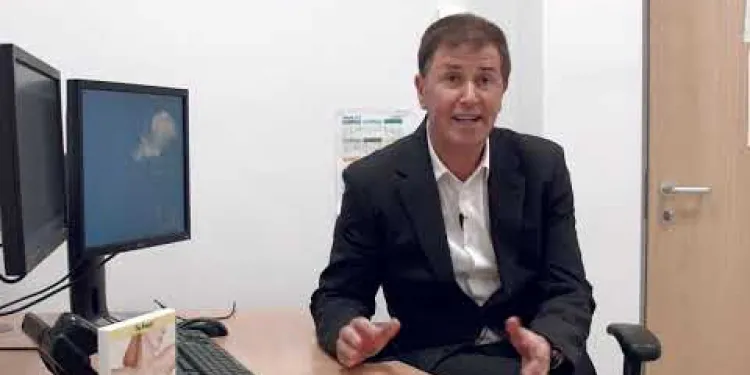
Evidence-Based Interventions: breast reduction
Relevance: 100%
-
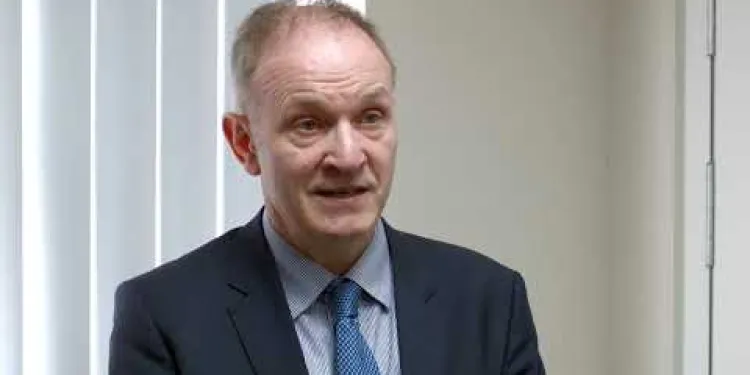
Evidence-Based Interventions: haemorrhoid surgery
Relevance: 42%
-
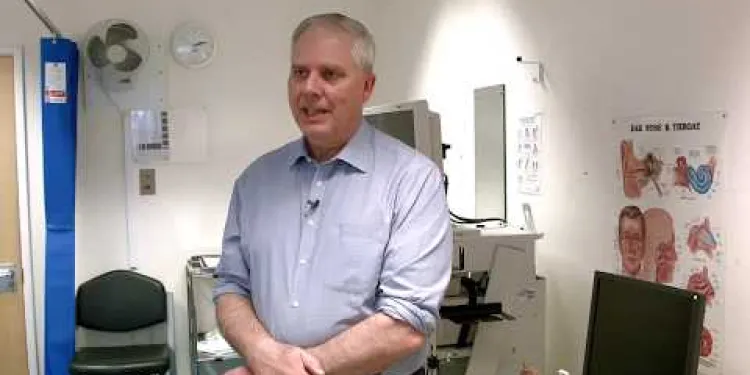
Evidence-Based Interventions: snoring surgery in the absence of Obstructive Sleep Apnoea (OSA)
Relevance: 42%
-
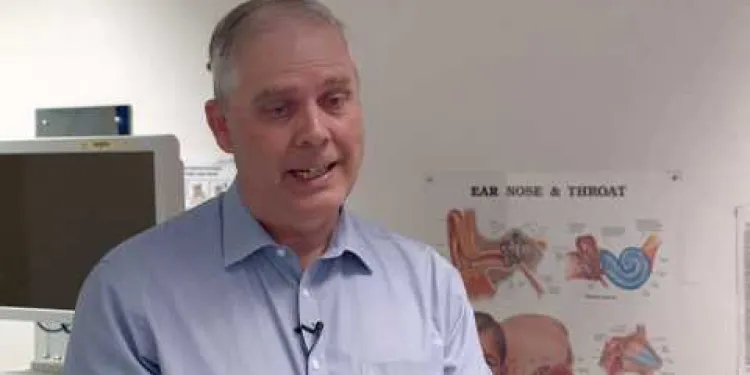
Evidence-Based Interventions: grommets for glue ear in children
Relevance: 41%
-

Evidence-Based Interventions: injections for non-specific low back pain without sciatica
Relevance: 40%
-
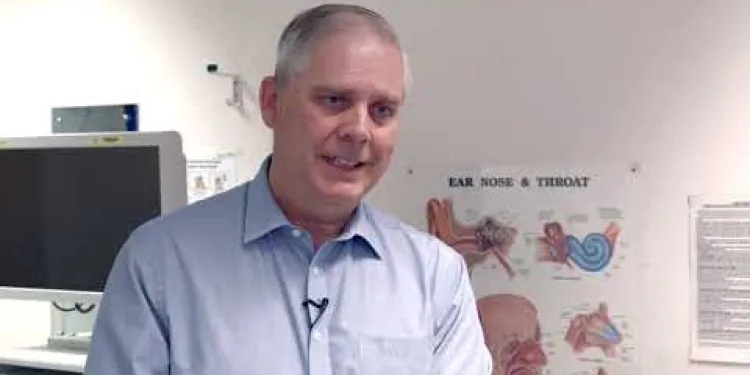
Evidence-Based Interventions: tonsillectomy for recurrent tonsillitis surgery
Relevance: 38%
-
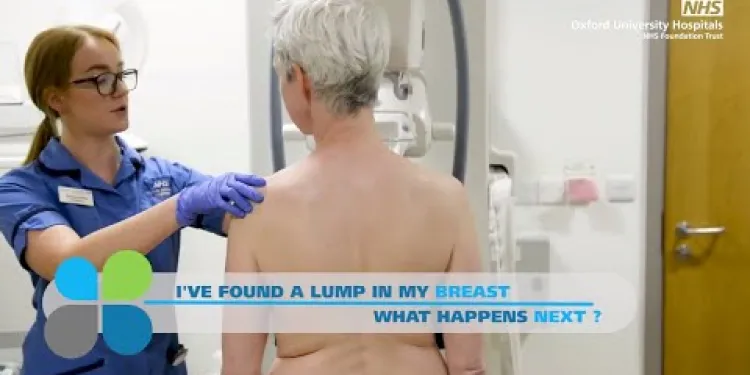
I've found a lump in my breast - What happens next? The breast diagnostic clinic
Relevance: 33%
-
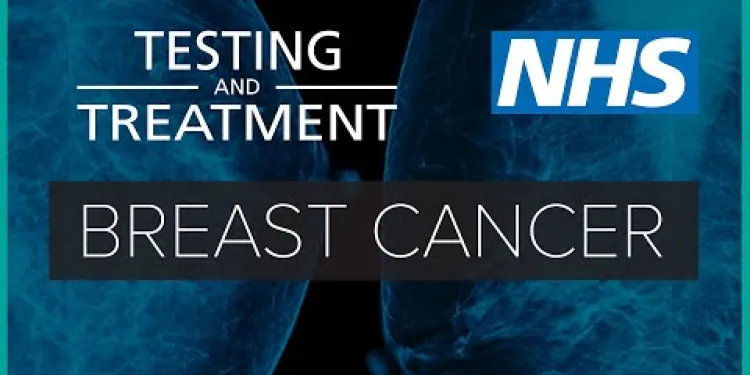
Breast cancer: testing and treatment | NHS
Relevance: 31%
-
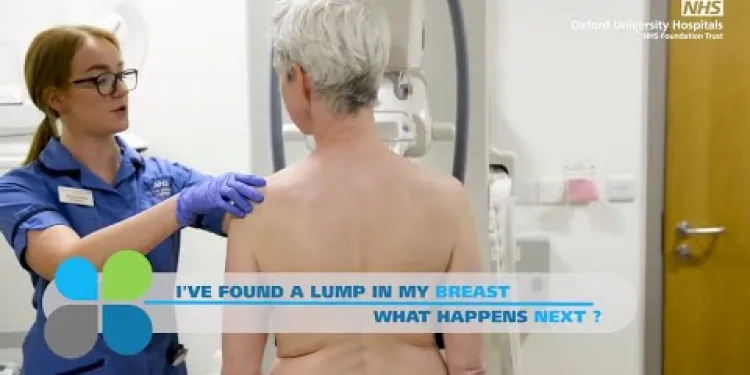
I've found a lump in my breast - What happens next? The breast diagnostic clinic
Relevance: 31%
-

What is Breast augmentation?
Relevance: 31%
-

AI Breast Cancer Screening in the UK
Relevance: 30%
-
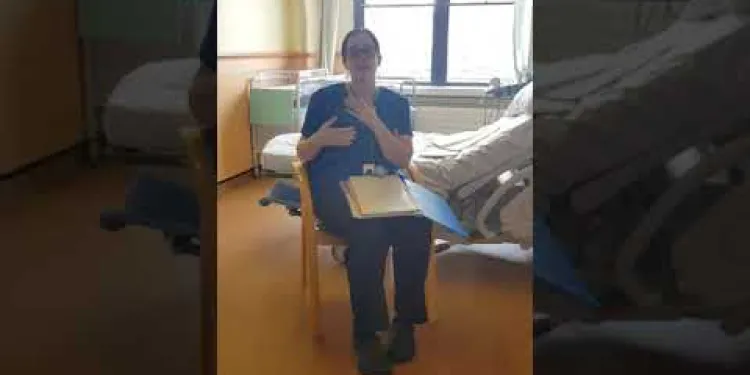
Breasts and Mastitis
Relevance: 30%
-

NHS breast cancer screening
Relevance: 29%
-
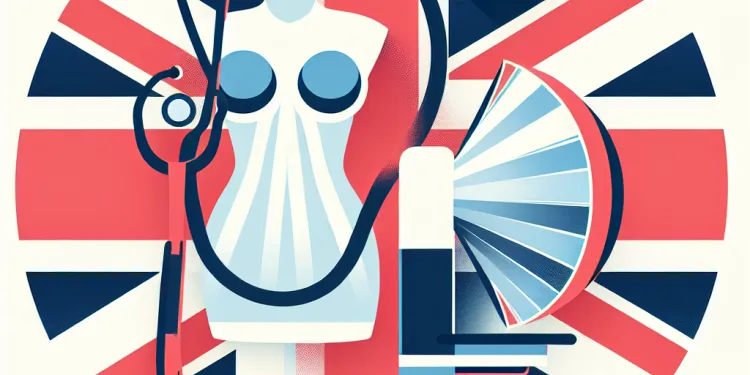
Can I have a mammogram if I have breast implants?
Relevance: 28%
-

Tower Hamlets breast screening programme
Relevance: 28%
-
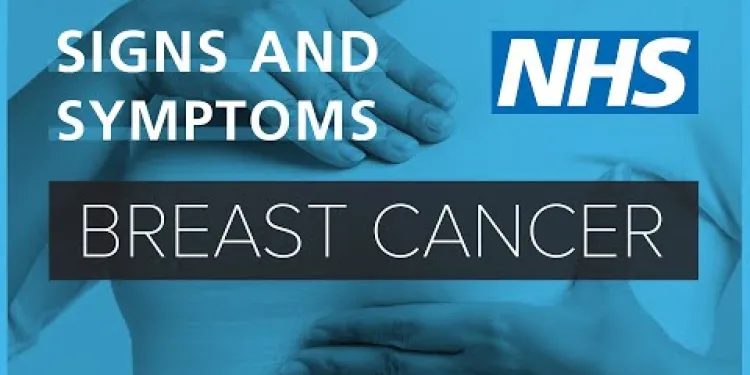
About Breast cancer - signs and symptoms | NHS
Relevance: 27%
-
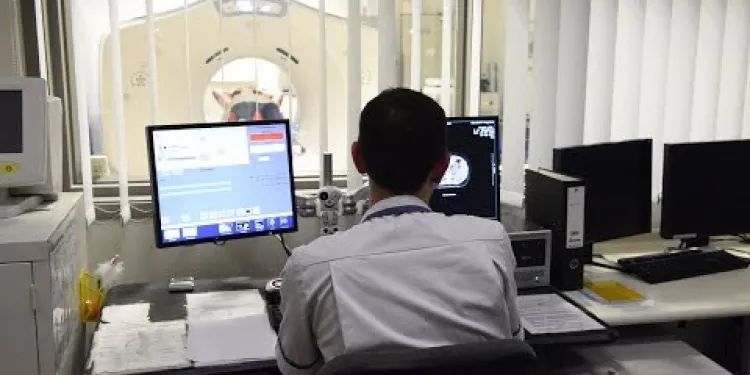
Having radiotherapy for breast cancer - 3 Videos
Relevance: 27%
-
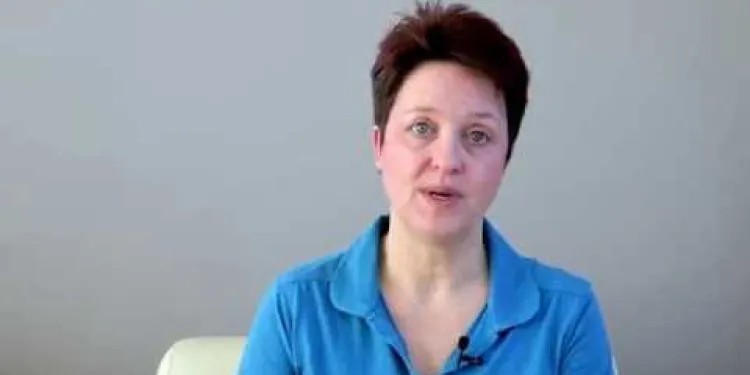
Other Things You Need to Know About Breast Screening
Relevance: 27%
-

How often should I get screened for breast cancer?
Relevance: 26%
-
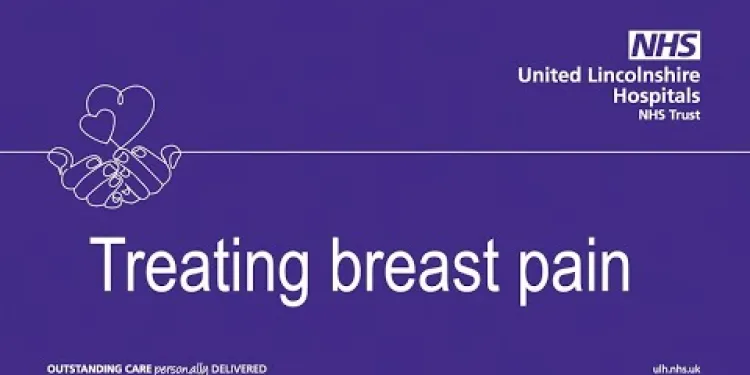
Treating breast pain | United Lincolnshire Hospitals NHS Trust
Relevance: 26%
-
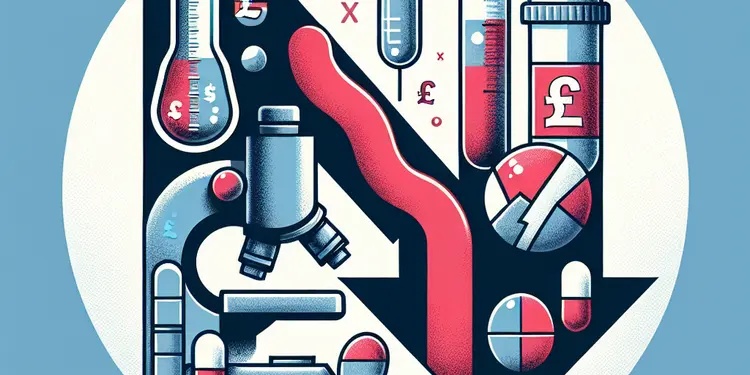
How significant is the reduction in funding for AIDS, Tuberculosis, and Malaria research?
Relevance: 25%
-

Could there be a reduction in the basic rate of income tax by 2026?
Relevance: 24%
-

How can early intervention help children with autism?
Relevance: 22%
-

MPs Seek Judicial Review Over Voting Age Reduction
Relevance: 21%
-

How can government intervention affect energy prices?
Relevance: 20%
-

What are the benefits of regular mammograms?
Relevance: 17%
-

Can breastfeeding cause jaundice?
Relevance: 15%
-

Can men have mammograms?
Relevance: 15%
-

Mammograms
Relevance: 14%
-
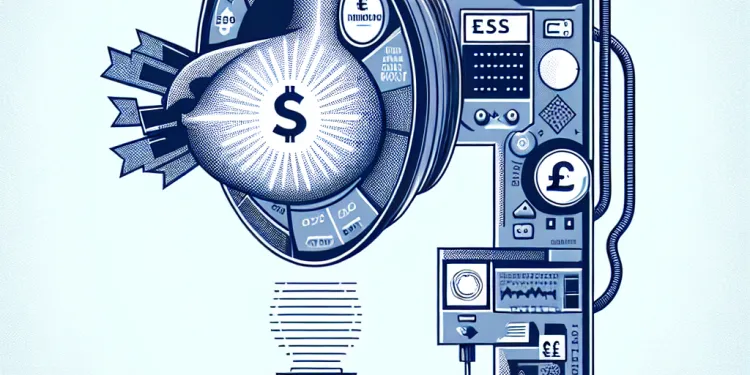
How reliable are mammograms?
Relevance: 14%
-
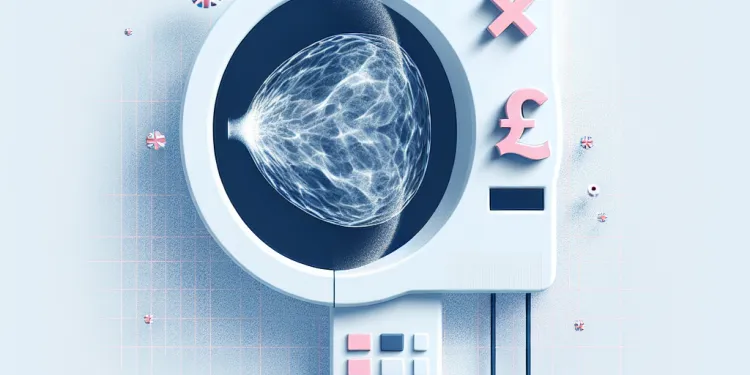
What happens during a mammogram?
Relevance: 13%
-

Is a mammogram painful?
Relevance: 13%
-
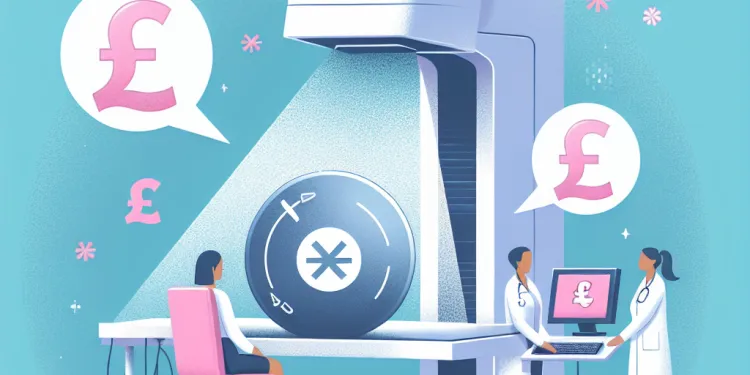
Are there any risks associated with mammograms?
Relevance: 13%
-

What is a mammogram?
Relevance: 13%
-

How often should I get a mammogram?
Relevance: 13%
-

Can autism be cured?
Relevance: 13%
-
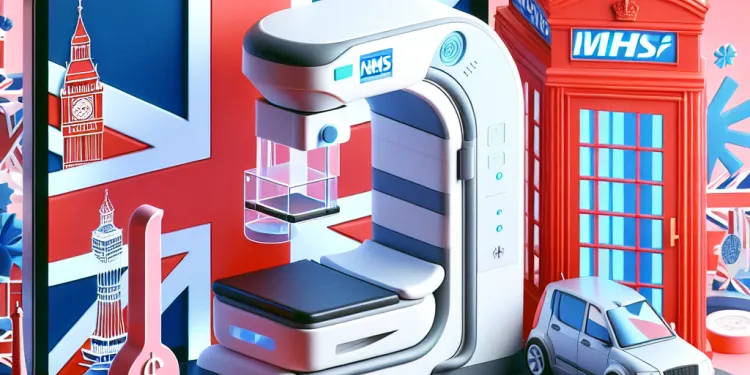
Are mammograms free on the NHS?
Relevance: 13%
-

What if my mammogram results are abnormal?
Relevance: 12%
-
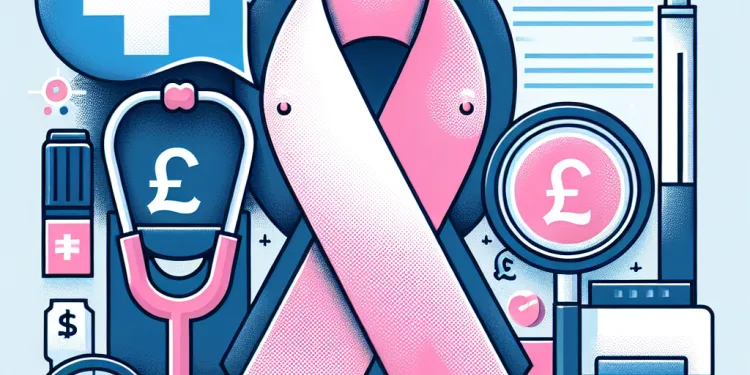
At what age should I start having mammograms?
Relevance: 12%
-
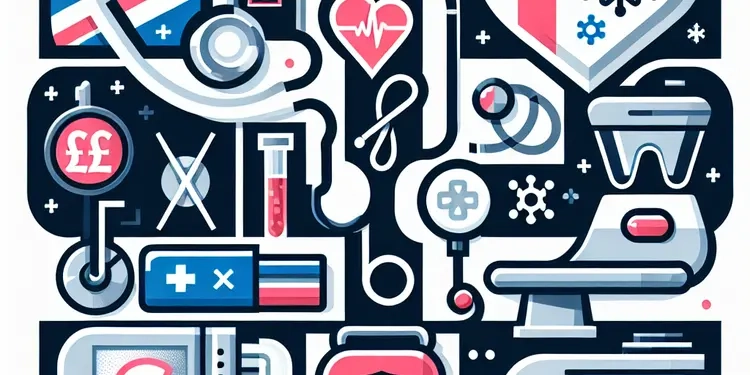
What kinds of cancer screening are available?
Relevance: 12%
Evidence-Based Interventions: Breast Reduction
Introduction to Breast Reduction
Breast reduction, also known as reduction mammoplasty, is a surgical procedure aimed at decreasing the size of excessively large breasts. In the United Kingdom, it is both a functional and cosmetic option, providing relief from physical discomfort and emotional distress associated with large breasts. This intervention often involves the removal of excess breast fat, glandular tissue, and skin to achieve a breast size in proportion with the patient's body.
Medical Benefits and Risks
Medical professionals advocate for breast reduction surgeries due to the substantial health benefits. Relief from chronic pain in the back, neck, and shoulders, reduction of skin irritation under the breasts, and improved ability to participate in physical activities are some of the documented advantages. However, the surgery also comes with risks such as infection, bleeding, and potential complications with anesthesia. It is crucial for patients to discuss these risks with their healthcare provider to make a well-informed decision.
Criteria for NHS Coverage
In the UK, the National Health Service (NHS) may cover breast reduction surgery if it is deemed medically necessary. Criteria typically include physical symptoms like back, neck, and shoulder pain, or skin infections caused by oversized breasts. Psychological distress and disproportional body ratios may also be considered. Patients often undergo an assessment process where each case is evaluated on an individual basis to qualify for NHS funding.
Post-Operative Care and Recovery
Post-operative care is critical for a successful recovery. Patients are usually advised to avoid strenuous activities for several weeks and to wear a support bra to minimize swelling and support the breasts as they heal. Follow-up appointments are necessary to monitor progress, and adherence to the surgeon's advice is crucial for optimal results. Whilst recovery experiences vary, most patients report significant improvements in their quality of life.
Conclusion
Breast reduction surgery is a well-established, evidence-based intervention with substantial benefits for those suffering from the physical and emotional burdens of excessively large breasts. With careful consideration of medical advice, risks, and NHS eligibility, many individuals in the UK can find relief and improved quality of life through this procedure.
Evidence-Based Interventions: Breast Reduction
What is Breast Reduction?
Breast reduction is an operation to make large breasts smaller. In the UK, this surgery can make people feel better and look different. It helps with pain and emotional feelings. The surgery removes extra fat, tissue, and skin to make the breasts fit the body better.
Benefits and Risks
Doctors recommend breast reduction for its health benefits. It can stop pain in the back, neck, and shoulders, and reduce skin problems under the breasts. It helps people do more activities. But, surgery can have risks like infection, bleeding, and problems with anesthesia. Talk to your doctor about these risks is important.
NHS Coverage
In the UK, the NHS might pay for breast reduction if it's needed for health reasons. This can include pain in the back, neck, and shoulders, or skin problems because of large breasts. Feelings and body size also matter. Each person is checked to see if NHS will help pay.
Care After Surgery
Taking care of yourself after surgery is important. Doctors say to avoid heavy activities for some weeks and wear a special bra to help breasts heal. Go to follow-up doctor visits to check healing. Listen to what your doctor says for a good recovery. Many feel much better after they heal.
Conclusion
Breast reduction is a trusted way to help people with large breasts feel better. With the right advice, knowing the risks, and checking if NHS can help, many in the UK find relief and a better life from this surgery.
Frequently Asked Questions
What is a breast reduction?
Breast reduction, also known as reduction mammaplasty, is a surgical procedure to remove excess breast tissue and skin to reduce the size and weight of the breasts.
Who is a good candidate for breast reduction surgery?
Good candidates are individuals who experience physical discomfort or emotional distress due to large breasts, have realistic expectations, and are in good general health.
What are the benefits of breast reduction?
Benefits include relief from back, neck, and shoulder pain, improved posture, enhanced ability to participate in physical activities, and a more proportionate body shape.
How is a breast reduction performed?
The procedure typically involves general anaesthesia. Surgeons make incisions, remove excess breast tissue and skin, reshape the breast, and reposition the nipple and areola.
What is the recovery time for breast reduction surgery?
Recovery time varies but most patients can return to work within 2-3 weeks. Full recovery, including the resolution of swelling and bruising, can take several months.
Are there any risks associated with breast reduction surgery?
As with any surgery, there are risks including infection, bleeding, scarring, changes in nipple sensation, and asymmetry. Discussing these with your surgeon is important.
Will a breast reduction affect my ability to breastfeed?
Breast reduction can impact breastfeeding ability, but many women retain the ability to breastfeed. Discuss your concerns with your surgeon beforehand.
How much does breast reduction surgery cost in the UK?
The cost varies depending on the surgeon and location, typically ranging from £5,000 to £6,500. Be sure to inquire about what the fee includes.
Is breast reduction covered by the NHS?
Breast reduction may be covered by the NHS if deemed medically necessary, such as for alleviating severe pain or physical complications. Criteria and approval processes vary by region.
How do I prepare for a breast reduction procedure?
Preparation involves a pre-surgery consultation, stopping certain medications, arranging transportation home post-surgery, and planning for recovery time.
What type of anaesthesia is used during breast reduction surgery?
Breast reduction is typically performed under general anaesthesia to ensure the patient is completely unconscious during the procedure.
What can I expect during the consultation with the surgeon?
During the consultation, your surgeon will review your medical history, perform a physical exam, discuss your goals and expectations, and explain the procedure, risks, and benefits.
What kind of scar should I expect after breast reduction surgery?
Scarring will depend on the technique used but typically includes scars around the areola, vertically down to the breast crease, and sometimes horizontally along the breast crease.
Can I combine breast reduction with other procedures?
Yes, breast reduction can be combined with other procedures like a breast lift or liposuction. Consult with your surgeon to discuss the potential for combination procedures.
How do I choose a qualified surgeon for breast reduction?
Choose a board-certified plastic surgeon with extensive experience in breast reduction. Check their qualifications, reviews, before-and-after photos, and ensure you feel comfortable with them during your consultation.
What is a breast reduction?
A breast reduction is an operation. It makes breasts smaller and lighter. Some people have this surgery if their breasts are too big and cause problems like back pain. Always talk to a doctor to learn more.
Some supportive tools and techniques:
- Talk with someone you trust, like a doctor or nurse.
- Write down any questions you have about the surgery.
- Use pictures or videos to help understand.
Breast reduction is an operation. Doctors do this to make breasts smaller and lighter. They take away extra skin and tissue. This helps to reduce the size and weight of the breasts.
Who should think about having breast reduction surgery?
Some people might want breast reduction surgery if:
- Their breasts are very big and heavy.
- They have back, neck, or shoulder pain because of their breasts.
- They find it hard to do activities like sports.
- They feel sad or worried about how their breasts look.
Talking to a doctor can help decide if surgery is a good choice. It is also important to have someone to talk to for support, like a friend or family member.
Good candidates are people who have pain or feel upset because their breasts are too big. They should have sensible hopes about the results and be healthy overall.
What are the good things about making breasts smaller?
This can help your back, neck, and shoulders feel better. It can help you stand up straighter. You can do more fun activities. It can also make your body look more balanced.
How do doctors make breasts smaller?
Doctors can make breasts smaller with a surgery. This is called breast reduction.
During the surgery, the doctor takes away extra fat and skin. They might also move the nipple to a better place on the breast.
The surgery can help if big breasts hurt your back or shoulders.
It can also make your breasts look the way you want.
If you want to know more, you can ask a doctor or nurse to explain. You can also use pictures and videos to help you understand better.
The person will be asleep during the operation. Doctors cut into the skin, take out extra stuff from the breast, make the breast a new shape, and move the nipple to a better spot.
It can help to use simple tools like highlight pens to pick out important parts or ask a friend to help read through it with you.
How long does it take to get better from breast reduction surgery?
It takes different times to get better, but most people can go back to work in 2 to 3 weeks. It can take a few months for all the swelling and bruises to go away completely.
Can breast reduction surgery be risky?
Yes, breast reduction surgery can have some risks. Here are some things to think about:
- You might feel pain or see swelling after the surgery.
- There could be scars on your skin.
- You might get an infection.
- Sometimes people do not like how it looks after.
It is important to talk to a doctor to understand these risks.
You can use tools like picture books or have a helper to explain things if it is hard to understand.
Every time you have an operation, there can be problems. These problems might be getting an infection, bleeding, scars, feeling different in your nipples, or your breasts not looking even.
It is very important to talk to your doctor about these problems.
Can I still breastfeed after a breast reduction?
If you have a breast reduction, you might still be able to breastfeed. But sometimes, it can be harder. This is because the surgery can change the breast. Talk to your doctor, they can help you understand your chances of breastfeeding after surgery.
Here are some tips to help with breastfeeding:
- Ask for help from a lactation consultant (a breastfeeding expert).
- Use a breast pump to help your milk flow.
- Try different breastfeeding positions to see what works best.
Breast reduction surgery can sometimes make breastfeeding harder. But many women can still breastfeed after the surgery. Talk to your doctor about your worries before you have the surgery.
How much does breast reduction surgery cost in the UK?
Do you want to know how much it costs to have breast reduction surgery in the UK?
Here are some things you can do to find out:
- Ask your doctor or nurse for advice.
- Look online but make sure the website is safe.
- Ask a friend or family member to help you.
It is important to check and compare prices. Also, check what is included in the price. It could be different in each place.
If you need help with reading, ask someone you trust to help explain things to you.
The cost changes based on the doctor and where you are. It usually costs between £5,000 and £6,500. Make sure to ask what the price includes.
Does the NHS pay for breast reduction?
The NHS might pay for breast reduction if it is needed for health reasons. This could be if someone has a lot of pain or other body problems. The rules for getting this help can be different depending on where you live.
How can I get ready for breast reduction surgery?
Before surgery, there are a few important things to do:
- Talk to your doctor about the surgery.
- Stop taking some medicines. The doctor will tell you which ones.
- Make sure someone can drive you home after the surgery.
- Plan to rest and get better for a while after the surgery.
What kind of medicine is used to make you sleep during breast reduction surgery?
Doctors do breast reduction surgery while you are asleep. They do this so you don't feel anything during the surgery.
What happens when I talk to the surgeon?
When you talk to the doctor, they will:
- Look at your health history.
- Check your body.
- Ask what you want and hope for.
- Tell you about the operation and what could be good or bad about it.
If you need help, try these:
- Use pictures or drawings to understand better.
- Ask someone you trust to come with you.
- Write down what you want to ask or remember.
What will my scar look like after breast reduction surgery?
If you have a breast reduction, you might have a scar. The scar is a line on your skin. It happens where the doctor makes a cut.
Scars are normal and can fade over time. They might look red or pink at first. Later, they might get lighter.
To feel better about scars, you can:
- Ask the doctor questions so you know what to expect.
- Use creams or oils the doctor suggests to help the scar heal.
- Talk to someone you trust about your feelings.
Scars will depend on how the surgery is done. Usually, there are scars around the nipple, a line going down to the bottom of the breast, and sometimes a line along the bottom of the breast.
Recommendations: - Break the text into smaller parts. - Use pictures to help understand where scars might be. - Use highlighting or bold for important words.Can I have breast reduction with other surgeries?
Yes, you can have breast reduction and other surgeries at the same time. This means surgeons do more than one thing while you are under anesthesia. Talk to your doctor about it.
If you find reading hard, try using pictures or videos to help understand. You can also ask someone you trust to explain it to you.
Yes, you can have a breast reduction and other surgeries like a breast lift or liposuction at the same time. Talk to your doctor to see if you can do this.
How do I pick the right doctor for breast reduction?
Pick a doctor who is a real expert in breast reduction. They should have lots of practice and be really good at it. Look at their certificates, read what other people say about them, and see pictures of their work. Make sure you feel at ease when you talk to them.
Useful Links
This website offers general information and is not a substitute for professional advice.
Always seek guidance from qualified professionals.
If you have any medical concerns or need urgent help, contact a healthcare professional or emergency services immediately.
Some of this content was generated with AI assistance. We’ve done our best to keep it accurate, helpful, and human-friendly.
- Ergsy carfully checks the information in the videos we provide here.
- Videos shown by Youtube after a video has completed, have NOT been reviewed by ERGSY.
- To view, click the arrow in centre of video.
- Most of the videos you find here will have subtitles and/or closed captions available.
- You may need to turn these on, and choose your preferred language.
- Go to the video you'd like to watch.
- If closed captions (CC) are available, settings will be visible on the bottom right of the video player.
- To turn on Captions, click settings .
- To turn off Captions, click settings again.
More Items From Ergsy search
-

Evidence-Based Interventions: breast reduction
Relevance: 100%
-

Evidence-Based Interventions: haemorrhoid surgery
Relevance: 42%
-

Evidence-Based Interventions: snoring surgery in the absence of Obstructive Sleep Apnoea (OSA)
Relevance: 42%
-

Evidence-Based Interventions: grommets for glue ear in children
Relevance: 41%
-

Evidence-Based Interventions: injections for non-specific low back pain without sciatica
Relevance: 40%
-

Evidence-Based Interventions: tonsillectomy for recurrent tonsillitis surgery
Relevance: 38%
-

I've found a lump in my breast - What happens next? The breast diagnostic clinic
Relevance: 33%
-

Breast cancer: testing and treatment | NHS
Relevance: 31%
-

I've found a lump in my breast - What happens next? The breast diagnostic clinic
Relevance: 31%
-

What is Breast augmentation?
Relevance: 31%
-

AI Breast Cancer Screening in the UK
Relevance: 30%
-

Breasts and Mastitis
Relevance: 30%
-

NHS breast cancer screening
Relevance: 29%
-

Can I have a mammogram if I have breast implants?
Relevance: 28%
-

Tower Hamlets breast screening programme
Relevance: 28%
-

About Breast cancer - signs and symptoms | NHS
Relevance: 27%
-

Having radiotherapy for breast cancer - 3 Videos
Relevance: 27%
-

Other Things You Need to Know About Breast Screening
Relevance: 27%
-

How often should I get screened for breast cancer?
Relevance: 26%
-

Treating breast pain | United Lincolnshire Hospitals NHS Trust
Relevance: 26%
-

How significant is the reduction in funding for AIDS, Tuberculosis, and Malaria research?
Relevance: 25%
-

Could there be a reduction in the basic rate of income tax by 2026?
Relevance: 24%
-

How can early intervention help children with autism?
Relevance: 22%
-

MPs Seek Judicial Review Over Voting Age Reduction
Relevance: 21%
-

How can government intervention affect energy prices?
Relevance: 20%
-

What are the benefits of regular mammograms?
Relevance: 17%
-

Can breastfeeding cause jaundice?
Relevance: 15%
-

Can men have mammograms?
Relevance: 15%
-

Mammograms
Relevance: 14%
-

How reliable are mammograms?
Relevance: 14%
-

What happens during a mammogram?
Relevance: 13%
-

Is a mammogram painful?
Relevance: 13%
-

Are there any risks associated with mammograms?
Relevance: 13%
-

What is a mammogram?
Relevance: 13%
-

How often should I get a mammogram?
Relevance: 13%
-

Can autism be cured?
Relevance: 13%
-

Are mammograms free on the NHS?
Relevance: 13%
-

What if my mammogram results are abnormal?
Relevance: 12%
-

At what age should I start having mammograms?
Relevance: 12%
-

What kinds of cancer screening are available?
Relevance: 12%


